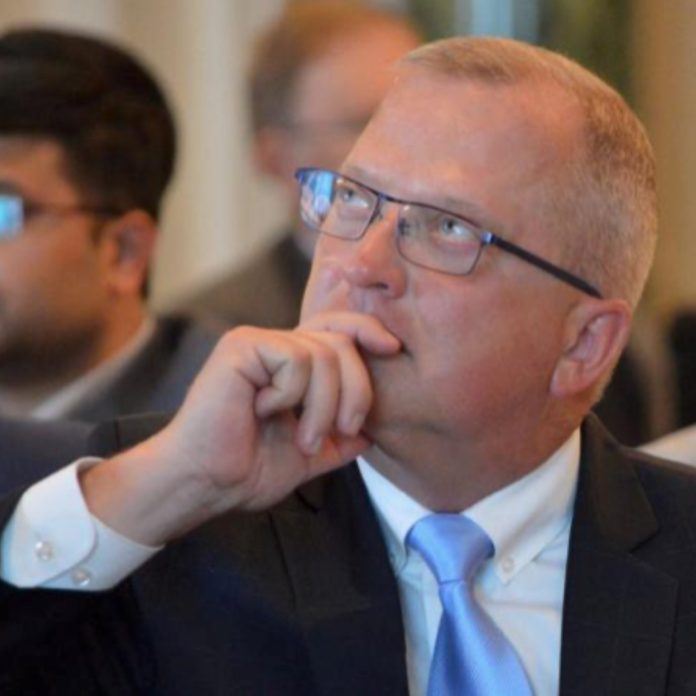Welcome to the dawning era of purpose-led businesses, where antiquated roadmaps are redundant and the business landscape is being transformed by an unwavering commitment to evolution and innovation.
Historically, strategic plans served as the guiding star for businesses. Today, they falter amidst geopolitical shifts, market volatility, supply chain hiccups, and growing cognisance of corporate environmental footprints. It’s time to embrace a fresh approach, one resilient enough to navigate the unpredictable waters of the modern business world.
The Age-Old Strategic Framework
A study from Harvard Business School suggests that over 60% of strategic initiatives fail to produce acceptable results. Even more alarmingly, a staggering 95% of staff can’t elucidate their firm’s overarching strategy. Meanwhile, McKinsey and Company’s research across a multitude of sectors found a mere 30% of executives rate their strategies as effective. Such alarming statistics should prompt serious reconsideration of the value of age-old strategic models.
The paradox of these plans is their emphasis on ‘strategy’, yet they often hinge on anxiety rather than adapting to real-time shifts in market and consumer preferences. They might give leadership a sense of accomplishment, but they frequently miss the mark in execution due to misalignment with ground-level realities, leading to lacklustre results.
A New Business Blueprint
Workplace patterns have been radically reshaped in recent years, accelerated by the pandemic-induced switch to virtual engagements. The workplace norms of yesteryear are obsolete, and the evolving landscape demands fresh thinking. The modern workforce is fuelled by values and a desire to effect genuine change, not by rigid, self-serving plans.
An approach centred on purpose and empathy stands out against this backdrop. Drawing parallels with the ‘Mission Command’ ethos of global military forces, it emphasizes clarity of intent over prescriptive instructions. This flexibility fosters swift adaptation to fluid scenarios, resulting in superior outcomes.
Embedding purpose within your enterprise’s core aspirations can alter the game significantly. It can encourage agility, resonate with emerging trends, instil trust, and crystallise your corporation’s mission more clearly. Such a pivot can galvanise employees, engage stakeholders, and amplify societal impact. There are myriad examples of organisations employed fear-based decisions and it cost them dearly. Let’s examine Kodak for an example.
Kodak’s Missteps: A Tale of Missed Opportunities
Founded in 1888 by George Eastman, Kodak’s roll film was nothing short of revolutionary, turning photography from a cumbersome task to a convenient delight. Their marketing, epitomised by their slogan “You Press the Button, We Do the Rest”, was a stroke of genius, as it signalled the ushering in of an era of quick and easy photography.
Yet, the digital revolution posed an existential threat. Despite having the foresight to create a prototype digital camera in the mid-70s, Kodak pursued a policy of retrenchment in the face of digital technology, fearing it might erode their film empire.
This hesitance to embrace the future proved disastrous. As brands like Canon, Nikon and Sony capitalised on the digital surge, Kodak’s reluctance rendered it an anachronism. Their fall into obscurity is a poignant reminder of the perils of inertia when changing times call for innovation.
Optimize the Moment™: The Pinnacle of Business Strategy
My forthcoming book, Optimize The Moment: From War Zones to Board Rooms, Why Strategic Plans Fail, highlights the need to seize opportunities as they arise.
Mere survival during adversity is not enough, not when the possibility of transcendence is present. True success means capitalising on each moment, leveraging each challenge and asset for unparalleled success. The essence lies in fostering cohesive teams, promoting transparency and nurturing a culture of continual growth.
Ultimately, it isn’t about the plan; it’s about the people. Cultivating an environment where everyone’s voice resonates, where empowerment is ubiquitous, and where excellence is the norm is paramount. Enterprises that take this approach are poised to flourish in our dynamic business world.
About Martin Rust:
Martin Rust is a strategic consultant who employs a proven approach to inform decision making. He works with organisations, both in Canada and around the world, often at the intersection of geopolitics and corporate goals.



 Bitcoin
Bitcoin  Ethereum
Ethereum  Tether
Tether  Solana
Solana  USDC
USDC  XRP
XRP  Lido Staked Ether
Lido Staked Ether  TRON
TRON  Toncoin
Toncoin  Cardano
Cardano  Avalanche
Avalanche